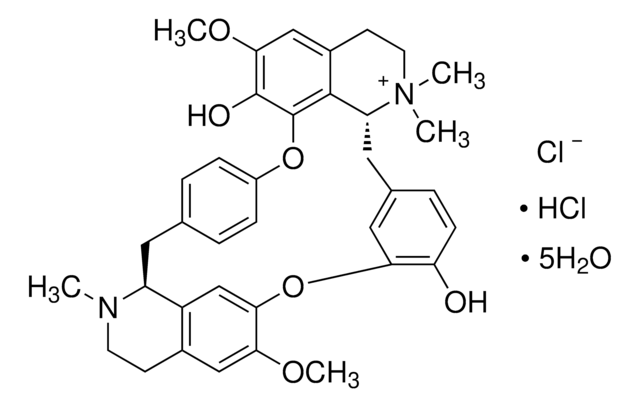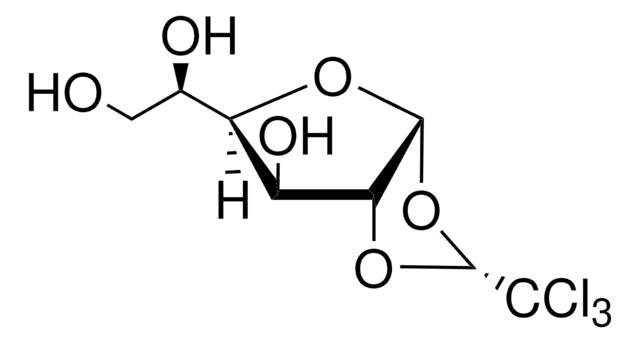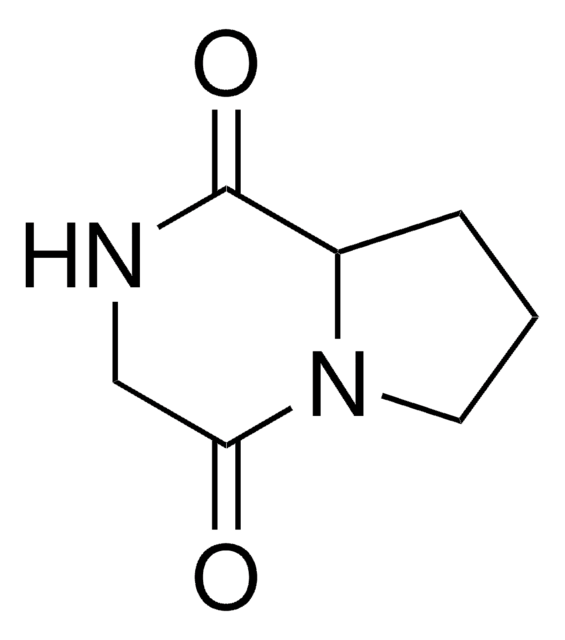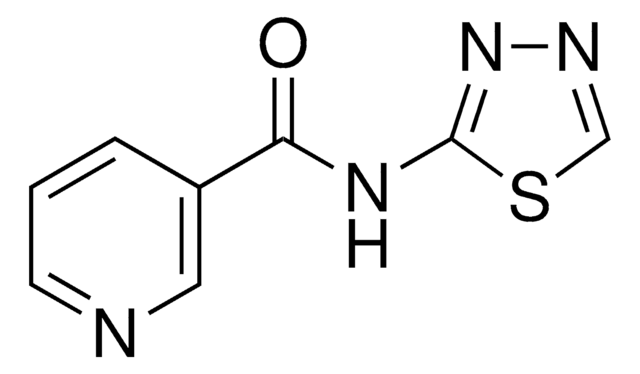C001
Acetylethylcholine mustard hydrochloride
>97% (GC), powder
Synonym(s):
Acetyl AF-64
About This Item
Recommended Products
Assay
>97% (GC)
form
powder
storage condition
desiccated
color
white
mp
78-81 °C
solubility
H2O: >5 mg/mL
ethanol: soluble
methanol: soluble
storage temp.
−20°C
SMILES string
Cl[H].CCN(CCCl)CCOC(C)=O
InChI
1S/C8H16ClNO2.ClH/c1-3-10(5-4-9)6-7-12-8(2)11;/h3-7H2,1-2H3;1H
InChI key
CHWPASAPXMNLKO-UHFFFAOYSA-N
Application
Biochem/physiol Actions
Caution
Signal Word
Danger
Hazard Statements
Precautionary Statements
Hazard Classifications
Acute Tox. 2 Dermal - Acute Tox. 2 Inhalation - Acute Tox. 2 Oral - Eye Irrit. 2 - Skin Irrit. 2 - STOT SE 1 - STOT SE 3
Target Organs
Nervous system, Respiratory system
Storage Class Code
6.1A - Combustible acute toxic Cat. 1 and 2 / very toxic hazardous materials
WGK
WGK 3
Flash Point(F)
204.8 °F - closed cup
Flash Point(C)
96 °C - closed cup
Certificates of Analysis (COA)
Search for Certificates of Analysis (COA) by entering the products Lot/Batch Number. Lot and Batch Numbers can be found on a product’s label following the words ‘Lot’ or ‘Batch’.
Already Own This Product?
Find documentation for the products that you have recently purchased in the Document Library.
Our team of scientists has experience in all areas of research including Life Science, Material Science, Chemical Synthesis, Chromatography, Analytical and many others.
Contact Technical Service









